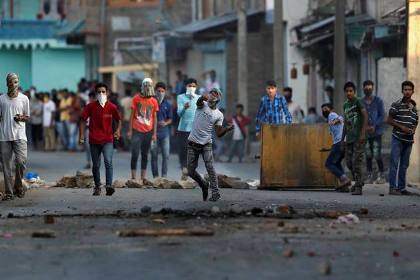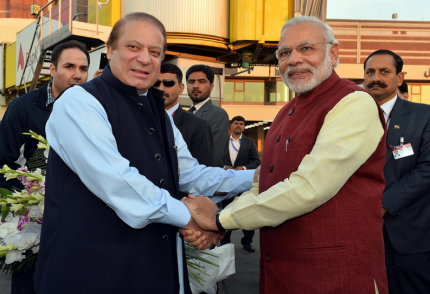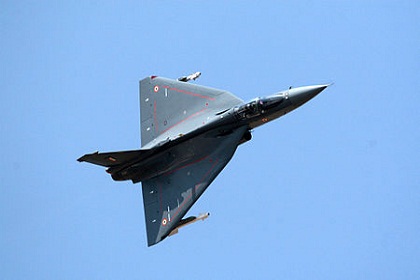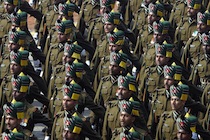India’s options post-Uri
In the aftermath of the terrorist attack on the Indian Army brigade headquarters in the town of Uri, Jammu and Kashmir, Gateway House has compiled potential policy options for India.
 Courtesy: Gateway House
Courtesy: Gateway House
In the aftermath of the terrorist attack on the Indian Army brigade headquarters in the town of Uri, Jammu and Kashmir, Gateway House has compiled potential policy options for India.
 Courtesy: Indian Express
Courtesy: Indian Express
The recent unrest in Kashmir has once again vilified the Indian Army, be it the accusation of murder, or the imposition of the Armed Forces Special Powers Act, all of it seems to be the fault of the Army. It's time for a reality check.
 Courtesy: Flickr/ MEAPhotogallery
Courtesy: Flickr/ MEAPhotogallery
The Pathankot attack reflects a new template of terrorism and is a reminder that India needs a well-coordinated approach to security emergencies. This is particularly necessary as the country has embarked on a bold foreign policy path, daring to tread where we have not gone before, intensifying existing and new engagements and trying to functionalize dysfunctional bilaterals like Pakistan
 Courtesy: Wikipedia
Courtesy: Wikipedia
Rapidly evolving security threats in India's neighbourhood and a number of accidents means it is critical for India to invest in the modernisation as well as the indigenisation of India's rapidly obsolescing defence equipment. This policy perspective provides recommendations on what role Indian private sector can play in the modernisation of India's defence sector
 Courtesy: Wikimedia Commons/Agência Brasil
Courtesy: Wikimedia Commons/Agência Brasil
The Armed Forces Special Powers Act (AFSPA) confers special powers upon the Indian army in disturbed areas, and legitimizes any actions they may take. The law, however, has been misinterpreted by many. Are calls for the revocation of the AFSPA warranted or misplaced?
The Diplomat republished Brig. (Retd.) Xerxes Adrianwalla's article on the obsolete Indian military structure. He advocates reforms for the system, such as having a Joint Chiefs of Defense Staff to co-ordinate and synergize operations and equipment.